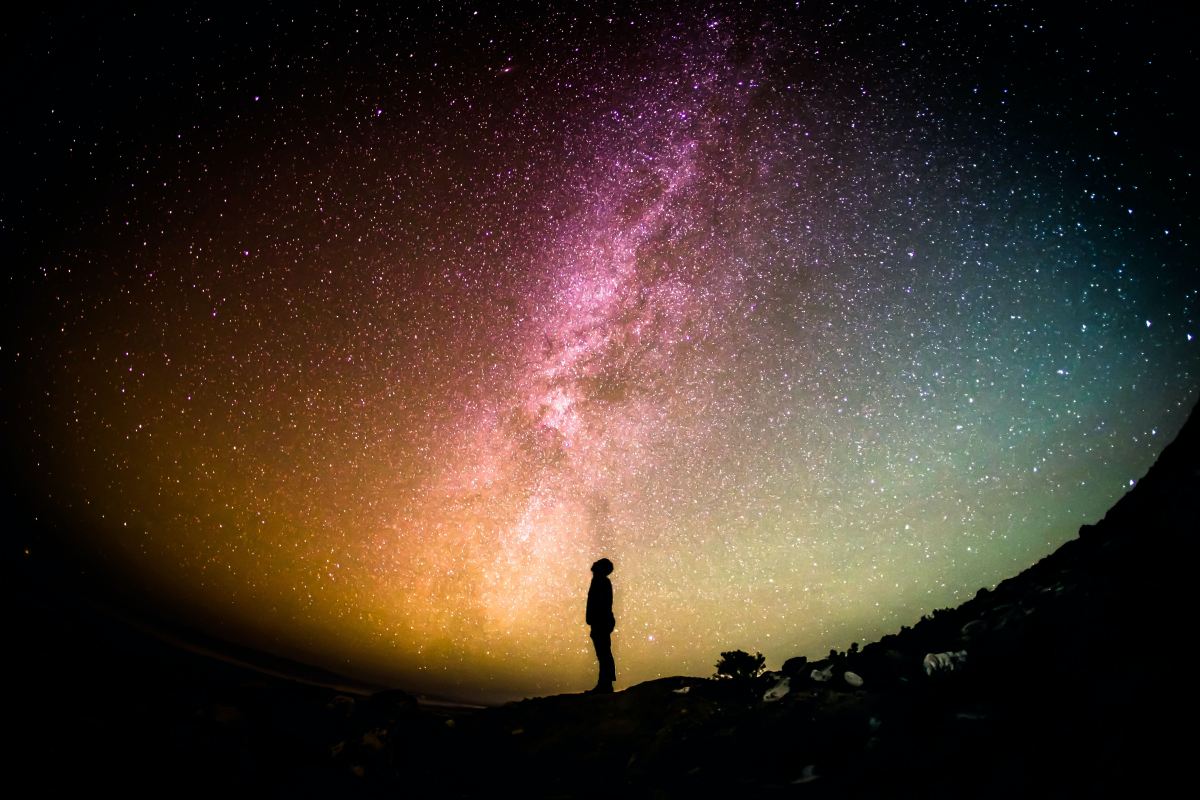For many artists, having one’s work programmed at a major festival can be an invaluable calling card when it comes to gaining international attention and developing a higher profile. But given the many gatekeepers who stand between artist and artistic director, how does one get on the radar of a festival director in the first place?
In a recent panel at the National Circus Summit in Australia, the Artistic Directors of Darwin Festival, RISING and YIRRAMBOI discussed the best ways artists can gain their attention.
Darwin Festival
‘We’re not the biggest festival. We don’t have the biggest budgets. We’re not the highest profile festival, but in my very humble, completely biased opinion, we are the most magical festival in Australia,’ said Darwin Festival Artistic Director, Kate Fell.
In terms of pitching work, Fell said that conversations about audience are key for her. ‘I really want to talk to you about audiences, who you see as that audience, the story you’re wanting to tell and how you want to connect with those audiences and the community more broadly,’ she said.
‘I’m not there going, “I need one circus work, tick.” It’s not about that. And so I think trying to help me help you find that audience is really, really key. The other thing I’d say is that for me, in Darwin, it’s thinking about venues – because there are some very specific venues and venue limitations. And so trying to find the right venue for your work is definitely a big consideration as well,’ Fell added.
RISING
Gideon Obarzanek, co-Artistic Director and co-CEO of Melbourne’s RISING, described the festival as ‘a large music, art and culture festival in Melbourne every June – a celebration, really, of the beginning of winter, mostly in the night-time’.
‘It’s contradictory in the sense that it’s trying to do some outdoor stuff, which actually in Melbourne at that time of year is really, really, super challenging,’ he said.
In terms of pitching work to RISING, Obarzanek noted that the festival works with other major festivals, such as Perth, Darwin, Brisbane, Sydney and Adelaide, to commission work through the Major Festivals Initiative (MFI) fund, supported by Creative Australia (formerly the Australia Council).
RISING also directly commissioned a series of major works during the worst years of the pandemic, Obarzanek explained, whereas now the festival is more focused on importing significant international works – which is not to say avenues are now blocked for Australian artists, he hastened to add.
Read: This primary school’s a circus … and its results are no joke
‘In Melbourne specifically, we actually collaborate with most other houses. So while it looks like it’s a RISING show, in some respects, it’s actually a partnership with, say, Arts House, Dancehouse, The Substation, Arts Centre Melbourne – and the NGV (National Gallery of Victoria) is another one.
‘And so I would recommend to people, particularly in Melbourne, that one of the main avenues of actually going to RISING – because a lot of our investment is now for overseas work – is that it’s actually done through a collaboration between those venues. So that’s a really good way of communicating,’ Obarzanek said.
‘And then I guess, at a smaller scale than that, we have Night Trade – which is a developing part of our program. So Night Trade began this year in the car park of St Paul’s [Cathedral] – it’ll probably move to another location in Melbourne. And that’s produced by us, but it’s actually curated, not independently, but sort of semi-autonomously,’ he said.
‘So we engage younger curators, and that certainly has physical theatre, if not circus, within that. But it’s on a scale that can happen in these kind of interstitial moments and smaller pieces that can move around quite quickly, which our other works don’t really have at the moment – that capacity.’
YIRRAMBOI
Emily Wells, Executive Producer of YIRRAMBOI Festival and a proud Kamilaroi woman, described YIRRAMBOI as ‘one of the leading First Nations arts festivals … in the world’.
Noting that the festival has ‘an all First Nations producing and curatorial team,’ including its producers, as well as ‘an eight-member advisory group … made up of local artists, activists, academics, Elders and young ones, to really keep us in check and keep us accountable to the community,’ Wells added that one of YIRRAMBOI’s priorities was ‘to engage with our global First Nations brothers and sisters’.
‘So moving forward, that’s a really big focus for us – to not only [create] opportunities for international artists to come and present in YIRRAMBOI, but also making sure that our local artists have an opportunity to have our work seen overseas as well,’ she said.
In terms of pitching work to the festival, Wells stressed the importance and primacy of storytelling.
‘For us, in terms of what we’d like to know, we just want to pull it back and hear about the story that you want to tell,’ she said.
‘We can figure out and solve all the tech specs. We’re all very good at being creative and crafty in that way. But for us, it’s really about: what story do you want to tell, and why do you want to tell it on this platform?
‘And another part that’s really important to us … is also: where do you want this story to go? We really see YIRRAMBOI as a critical – and, sadly, a unique First Nations – self-determined platform for presenting work that doesn’t look traditionally First Nations. So how can we support you by giving you that platform to use and leverage that platform to take your work elsewhere to other places that you want?
‘But by starting it from a place of by, for and with your own community. So [our key questions are] story, and what do you want it to go?’
This article is based on a panel discussion presented at NICA’s National Circus Summit on Friday 20 October 2023.





